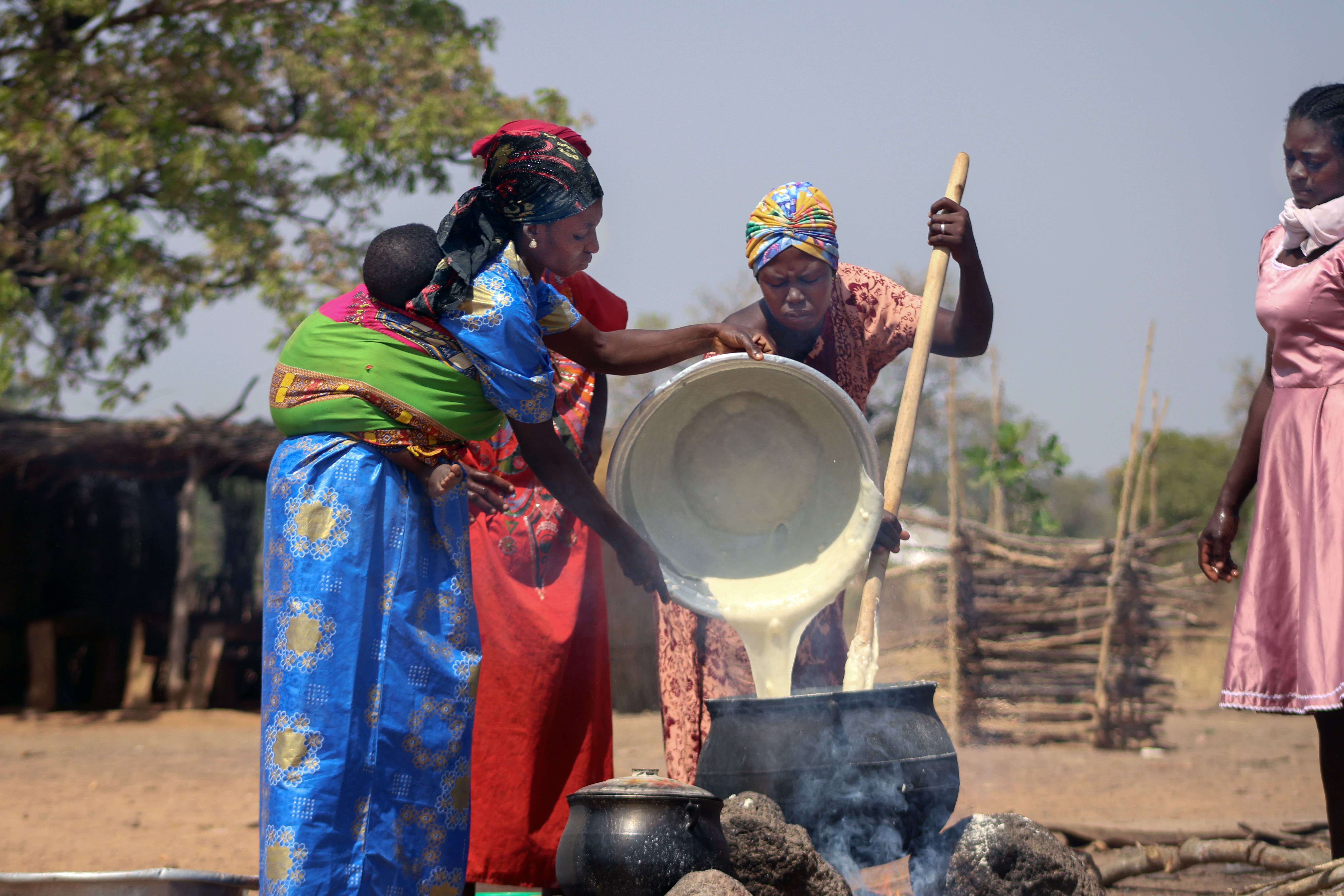
From Decline to Revival: How CLEAR Ignited Change in Ghana
Faced with failing schools and forgotten promises, communities in rural Ghana rose up through Education Out Loud grantee CLEAR to reclaim their children’s right to learn.
In the farming community of Bincheratanga, tucked away in the Nanumba North Municipality of Northern Ghana, the local school was in a state of severe disrepair. The classroom block was crumbling, the headteacher’s office was unfit for use, and each time clouds gathered, pupils and teachers alike would abandon their lessons, fearful that the weakened structures could not withstand the rain.
In Siiru Village, some 400 kilometres away, the school building stood firm, but the children’s minds were distracted by empty stomachs. Despite national policy guaranteeing a daily meal for every student, the school feeding programme had not yet reached this area. This made it difficult for students to learn, as they struggled to concentrate and many skipped school to go home and eat.
“There were days I feared our school would close. Without food, how could we expect the children to stay, let alone learn?” recalls Headmistress Madam Mahathebel Don Aabeteriyele.
Both villages suffered from educational conditions that made it difficult to attract and retain children. And in both villages, there were parents and leaders that didn’t know they had the power to change that.
Awakening accountability
“We started to engage the citizens, provided empowerment and capacity building, enabling them to serve as active catalysts to their communities. They engaged in open and positive dialogue with other members, and even local duty bearers,” says Mohammed Mutaru Allassan, Advocacy and Policy Influence Officer, CLEAR.
CLEAR is short for Citizens-Led Actions for Educational Accountability and Responsiveness – a project supported by Education Out Loud and implemented by School for Life, YEfL-Ghana and GDCA in Ghana. CLEAR works to enable community-led initiatives as a temporary measure to deal with the immediate challenges, while enabling spaces for citizen groups to engage with relevant government actors to advocate permanent solutions.
In Bincheratanga and Siiru villages, parents, teachers, community leaders, and other stakeholders were brought together to discuss the challenges facing schools and to explore solutions.
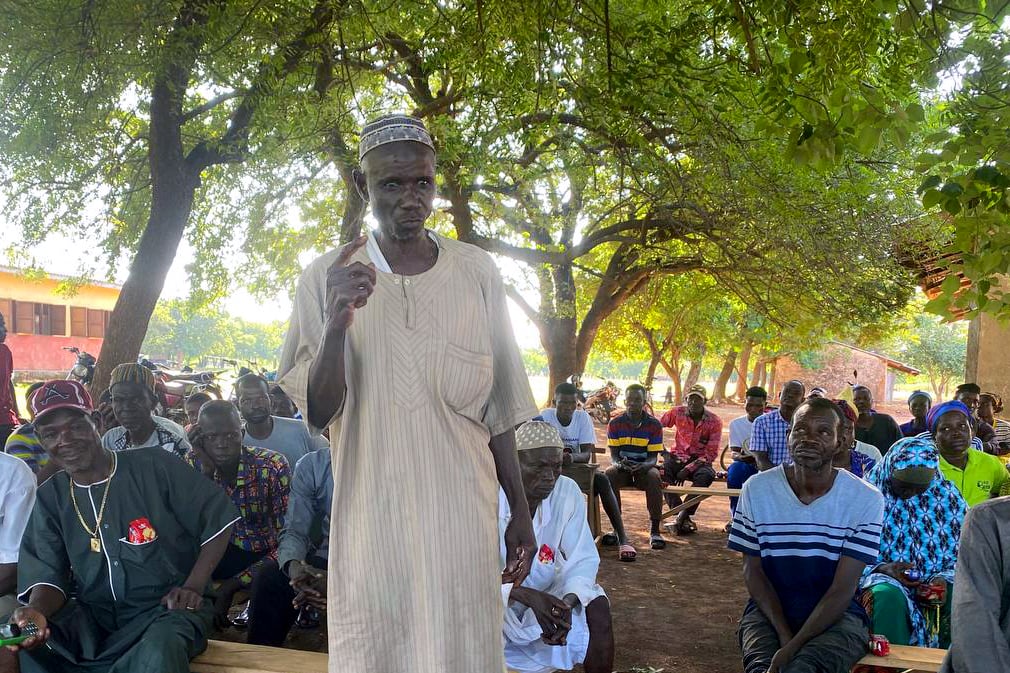
Photo: CLEAR
“One turning point in Bincheratanga happened one day where the community has come together to look at the enrolment figures – 572 pupils in total, but with worrying percentages of dropouts, especially during the farming season,” says Asantewah Yeboah Diato from CLEAR.
A Spark Spreading Across Communities
As stories emerged of children missing school to fetch water or work as farmhands, or being used as care givers to younger children, the room grew heavy with silence. Asantewah Yeboah Diato recalls how the elder Mohammed Bashim took the floor with a voice that shook with emotion: “We used to take pride in shaping the lives of our children through this school. But we have watched it fall apart, and with it, the legacy we built has faded,” he said, reflecting the community realisation that they could and should do something about it.
They immediately started working together to restore the headteacher’s office. Simultaneously, they started advocating for public funds to establish a water reservoir, ensuring safe drinking water for the pupils.
In Siiru, the community response was equally impactful. Through the dialogues, the chief of the community decided to allocate land for a school farm. It was also decided that the farm should be managed by the School Management Committee and Parent Teacher Association with all community members supporting and playing monitoring and accountability roles.
“Parents now cultivate the school farm together, and women volunteer to cook, driven by the hope that their children will stay in school and grow into future leaders that can also help our community,” says Mr. Bashid Saaka, local journalist and community member of Siiru.
The results have been compelling. According to CLEAR, enrolment rose from 2024 to 2025, attendance improved, and teachers felt a renewed motivation. As one father put it: “We’ve stopped waiting for others to fix things – we’ve realised the change starts with us.”
Both Bincheratanga and Siiru discovered the same truth: change begins when citizens lead. As CLEAR Field Officer Miss Asantewah Yeboah Diato reflected: “This is what CLEAR stands for — helping communities discover their own power to demand and create change. True transformation begins when citizens lead.”
Challenges remain: Siiru still awaits government support through the School Feeding Programme, and Bincheratanga needs additional infrastructure to match rising enrolment. But in both villages, the spark has been lit.
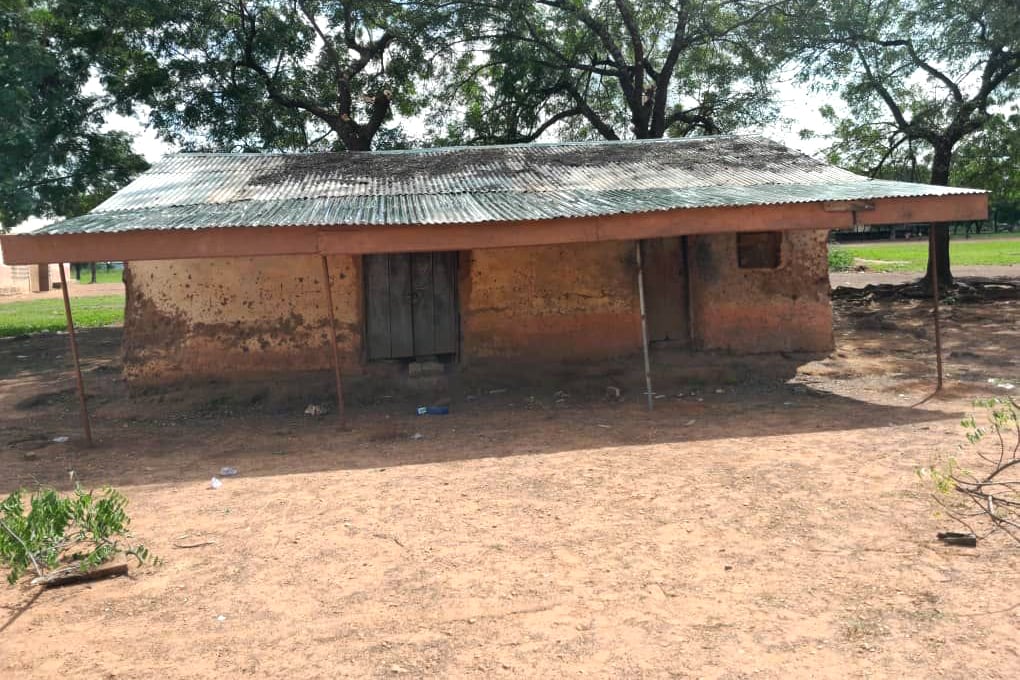
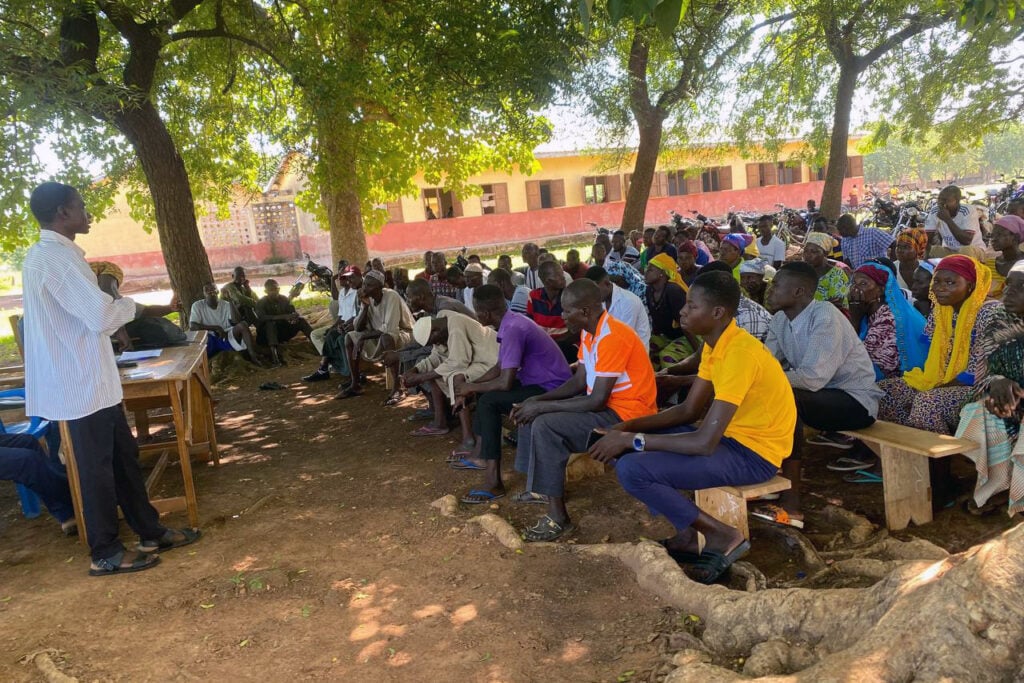
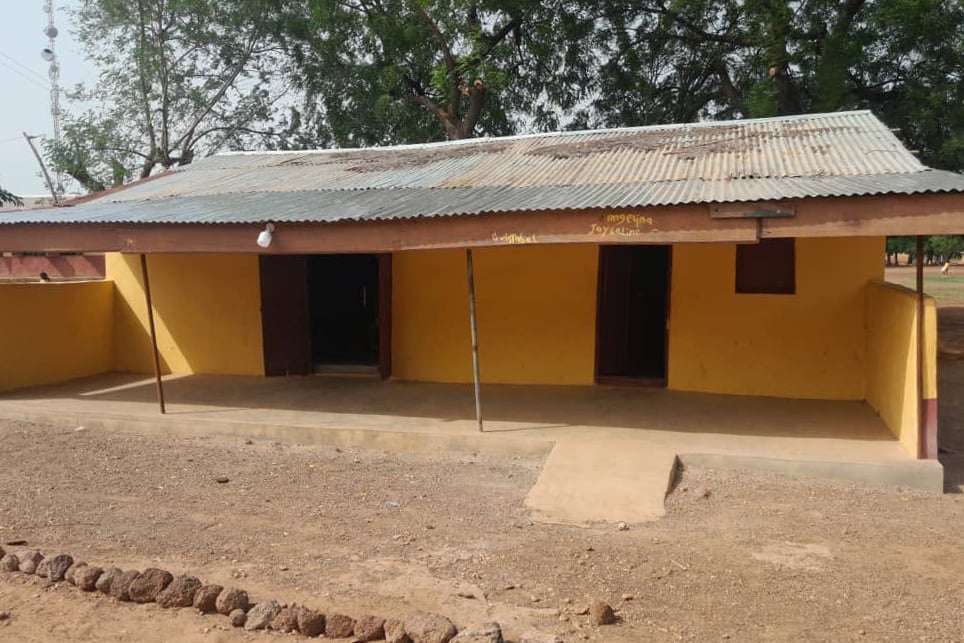
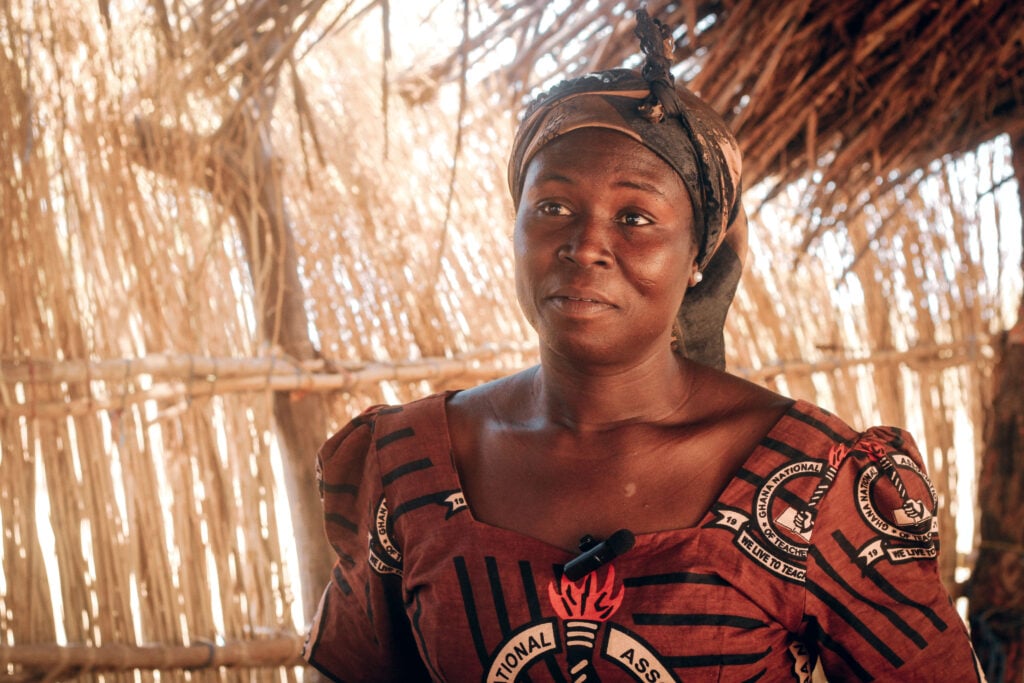
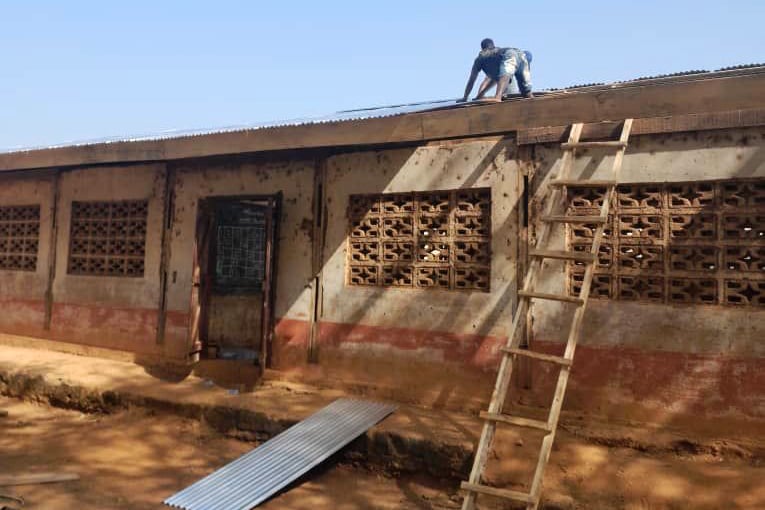
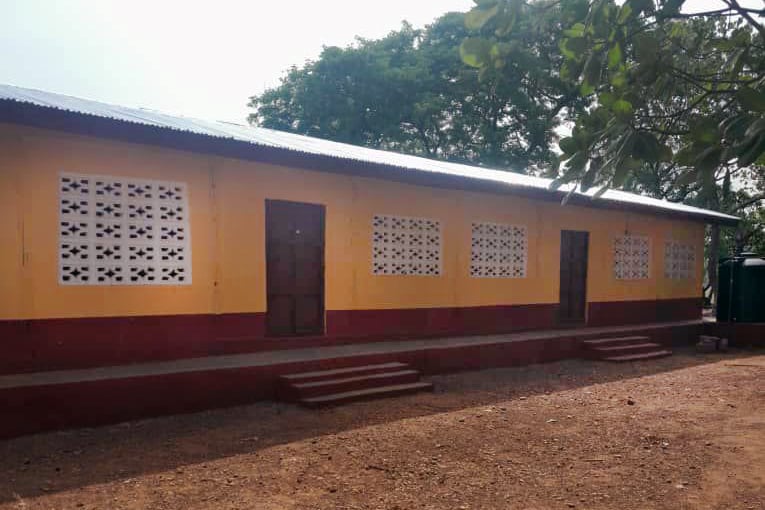
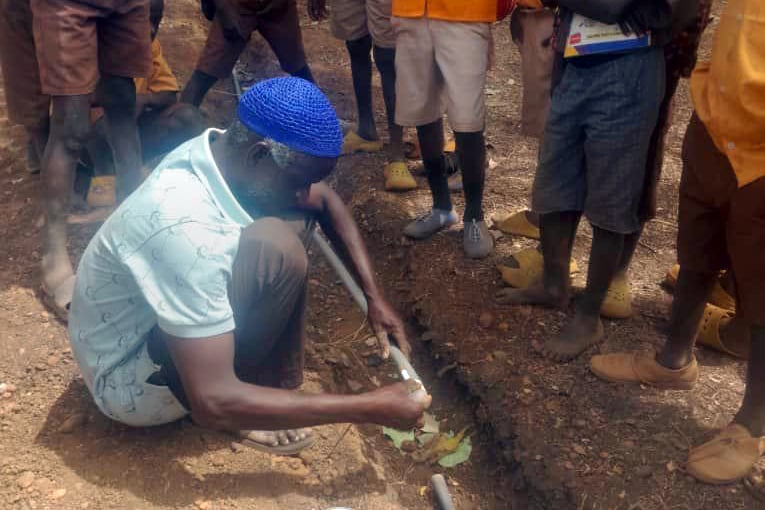
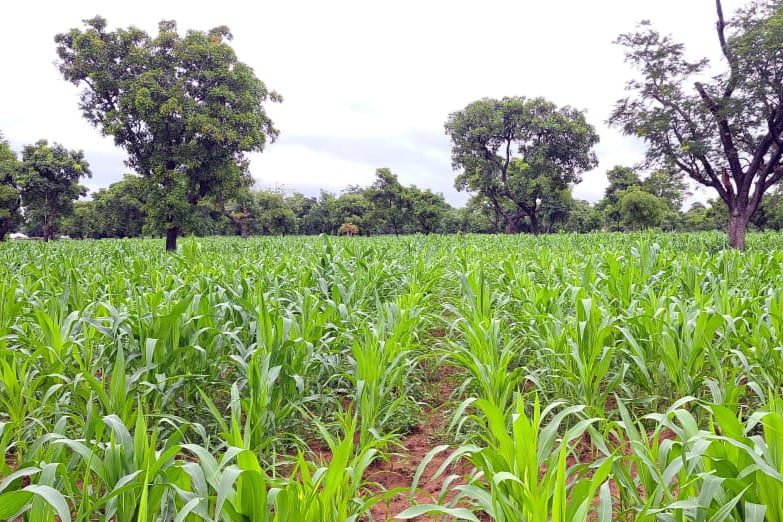
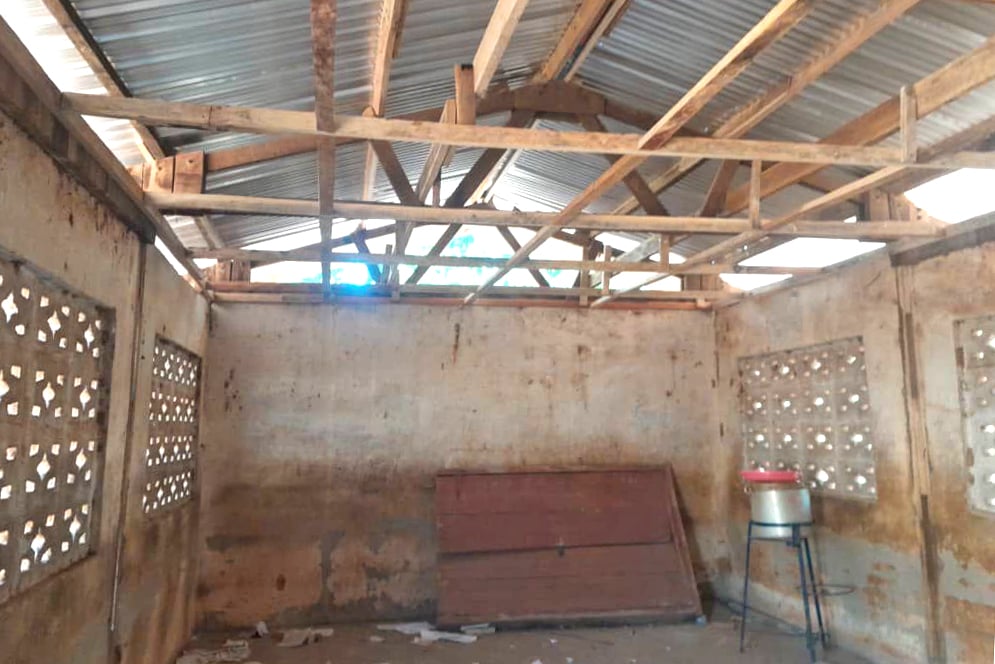
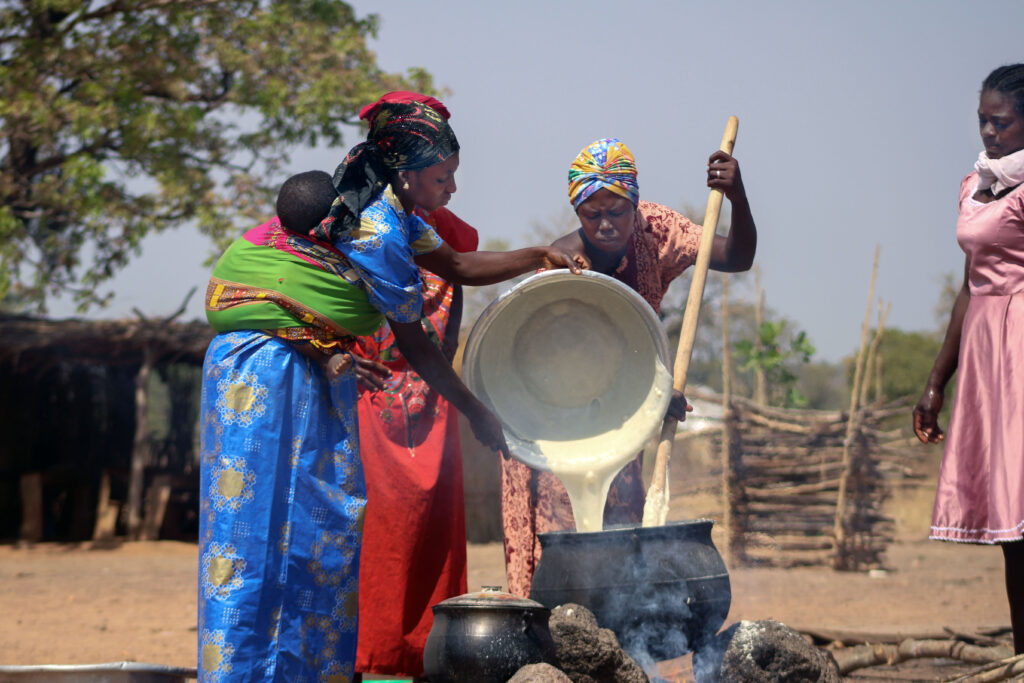
This blog is curated by Education Out Loud, but the views expressed are those of the authors alone.
